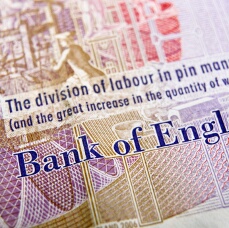The outlook for monetary policies of central banks around the world were one of the main driving factors for the Forex market this week. But while the outlook for Bank of England monetary policy became more hawkish, it was not enough to support the Great Britain pound.
Several BoE members made hawkish remarks over the week, leading to speculations that the central bank is going to raise interest rates in the foreseeable future. Yet concerns about the Brexit prevented the sterling from capitalizing on the bullish talks. Besides, BoE chief Mark Carney himself was not hawkish at all, making the optimistic outlook questionable.
Talking about questionable optimism, market participants doubted that the US Federal Reserve will be able to be as aggressive with its monetary tightening as it wants to be.
Continuing with the theme of unwarranted optimism, the last week’s speculations about an interest rate hike from the Bank of Canada muted after inflation disappointed. Positive retail sales data provided some support to the currency, but it was not enough to overcome the effect of falling oil prices.
Meanwhile, markets considered the policy statement from the Reserve Bank of New Zealand hawkish enough to drive the New Zealand dollar up, making it one of the strongest currencies during the past trading week.
GBP/USD fell from 1.2759 to 1.2715, though bounced from the weekly low of 1.2589. GBP/JPY ended the week flat at 141.50. EUR/GBP rose from 0.8779 to 0.8800.
If you have any questions, comments or opinions regarding the Great Britain Pound,
feel free to post them using the commentary form below.
